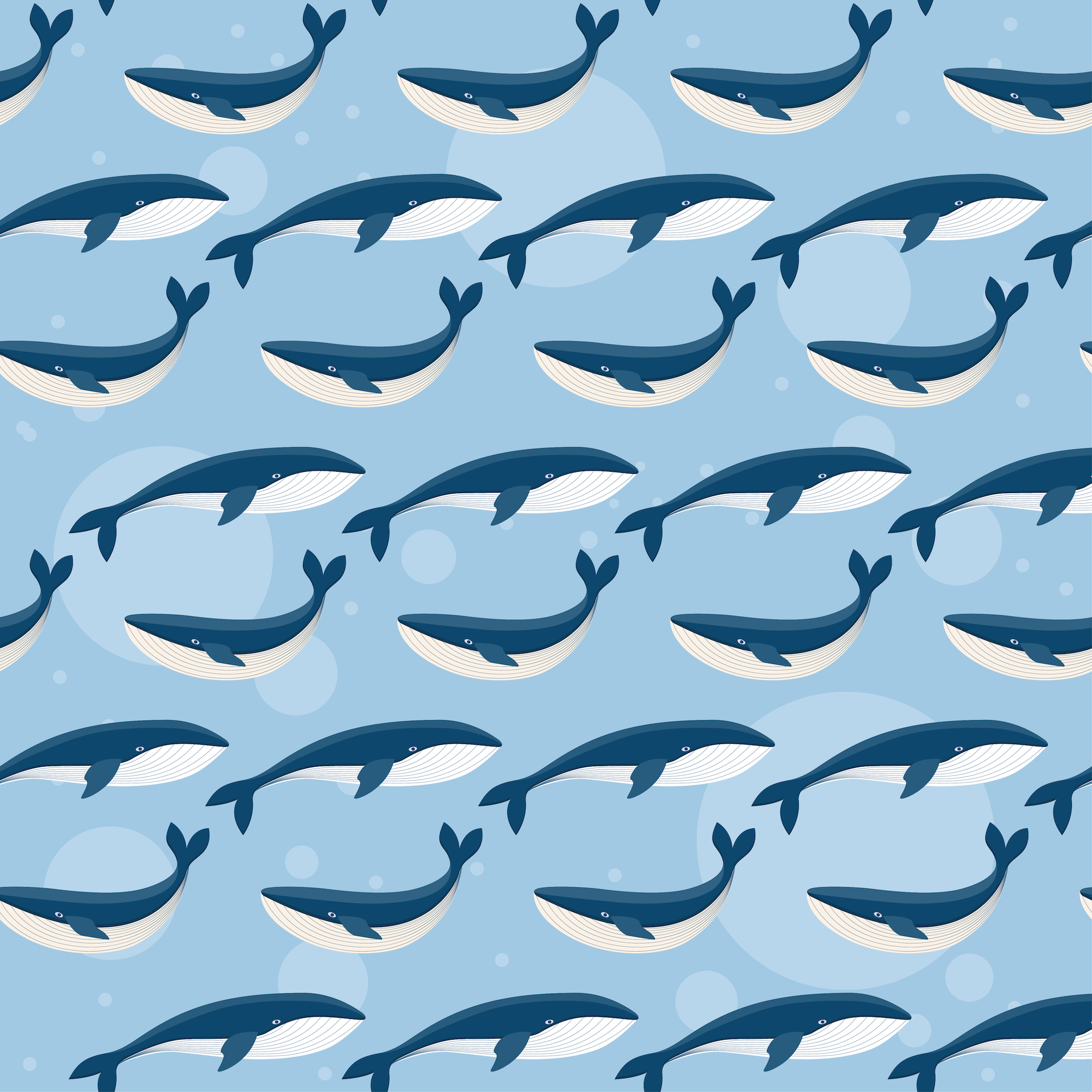The recent meeting of the Small Working Group of the International Whaling Commission (IWC) held between march 2 and 4 in Florida (USA) should be a wake up call to people around the world, whom after 24 years after the entrance in force of the moratorium on commercial whaling, is erroneously convinced that these marine mammals are saved from consumptive exploitation.
The issues discussed between the 27 countries that attended the meeting in St. Petes are very distant from the conservation policies adopted by the IWC during the last decade in relation to the conservation of cetaceans. On the contrary, the course of the negotiation process to define the “future of the IWC” has taken a threatening direction towards the reopening of industrial whaling in international waters.
This negotiation process, initiated in 2008 under the lead of the U.S. commissioner and former president of the IWC, the republican William Hogarth, was characterized from its beginning for gradually strengthening japanese whaling interests in pelagic waters of the Southern Ocean. The same waters that where declared in 1994 a Whale Sanctuary by all members of the IWC, except Japan.
A new government in the U.S. and the election in 2009 of the Chilean commissioner, ambassador Cristian Maquieira, as new president of the IWC, anticipated that the second phase of the so-called “reform process” would balance the negotiation. After all, one of the promises of the current president of the United States, Barak Obama, was to maintain the moratorium on commercial whaling and to guarantee that the decisions taken by the Commission would be based on the best available science. Also, the compromise of the new president of the IWC to bring the organization in line with current international practices, suggested the true modernization of the Commission’s work.
However, the reality that surfaced in the recent IWC meeting in Florida is very different. More than ever, great whales are on the verge of confronting – once again – the uncertain and gloomy future of the majority of commercially exploited marine species. Strangely enough, the situation is occurring with the support of historical conservationist nations like New Zealand ad the U.S., and under the presidency of ambassador Maquieira.
Demonstrating a great difficulty to learn from past mistakes that drove whale populations and the IWC to the brink of extinction, the members of this international organization are firmly moving towards the adoption of measures that would take back the work of the Commission to its darkest times.
A few weeks ago, Sir Geoffrey Palmer, the commissioner of New Zealand and unexpectedly one of the major promoters of this unbalanced deal, stated in the media that the proposal discussed by the IWC will not “satisfy any nation” so “both sides will have to swallow a dead rat”. Yet a brief analysis of the text being negotiated is enough to understand that the only countries that will have to swallow the heartburn agreement are the like-minded or conservationists countries.
Although the text of the proposal is filled with good intentions that seek to cover up the “dead rat”, it includes, among others, lifting the moratorium on commercial whaling, legitimating the so-called “scientific whaling” – even when conducted in whale sanctuaries – and allocating whale quotas based on political and not scientific arguments.
For example, the proposal affirms that the moratorium on commercial whaling will stay in place. But the truth is that this landmark conservation measure will be lifted by its “suspension” for a period of 10 years. Initially, only Japan, Iceland and Norway could continue conducting commercial whaling. But the Commission does not – and probably wil never – have effective mechanisms to restrict the entry of other nations interested in the whaling business. Consequently, it would not be a surprise if countries like South Korea and the Russian Federation, among others, increase the list of potential whaling nations in the near future. Additionally, the proposal does not have any mechanism to gradually reduce and eliminate whaling operations in the long term, showing that its strategic interest is to permanently reopen commercial whaling operations in the high seas.
Considering that the so-called “scientific whaling” operations conducted by Japan in international waters is the most controversial issue that keeps the Commission hostage and boycotts the work of the IWC, it is at least ironic that the proposal to reach an agreement among member countries does not consider any measure to resolve it. Furthermore, once the IWC members adopts the proposal under the conditions currently being discussed, “scientific whaling” will become a legitimate activity, even if it is conducted in the waters of whale sanctuaries. The implications are enormous if it is consider that whale sanctuaries will become useless conservation tools created merely for publicity and public relation purposes. Likewise, the precedent of adopting such a measure for the effective implementation of national whale sanctuaries, like the one created in Chile in 2008, is at least concerning.
The proposal – that was secretly crafted during the last four months by a group of twelve countries known as the Support Group – also ignores the work undertaken during the last decades by the Scientific Committee of the IWC in relation to the management of whale populations. Believe it or not, the whale catch quotas that will be set during the ten-year period of “false moratorium” will not be based on reliable scientific parameters but in quotas currently used under different whaling types. Coincidentally these catch quotas have been considerably increased during the last decades.
Furthermore, any proposal to reduce catch quotas based on scientific findings of negative impacts on the whale populations being target by whaling operations will need the approval of 75% of the members of the Commission to become effective. This is particularly concerning since during the last two decades Japan’s whaling policy in the IWC has been oriented to progressively integrate developing countries that vote in block with this nation in exchange for fisheries financial aid. Such a questionable foreign policy has systematically obstructed the adoption conservation measures in the IWC and could continue to do so in the future.
Under this framework, it becomes clear that the upcoming work of the Scientific Committee in relation to the effective management of cetacean populations will be simply ornamental and that in the short term the IWC will return to the implementation of obsolete practices that were responsible for the collapse of almost every species of great whales.
In this context, it is unacceptable that the IWC keeps moving towards the adoption of a proposal that clearly ignores the interests and will of the majority of countries and its peoples, with the aim to impose the unilateral whaling policy of Japan and set an unfavorable precedent to the governability, management and conservation of the biodiversity of the southern region.
Elsa Cabrera, executive director,
(Chile). Accredited observer at IWC meeting in St Petes (Florida).




